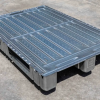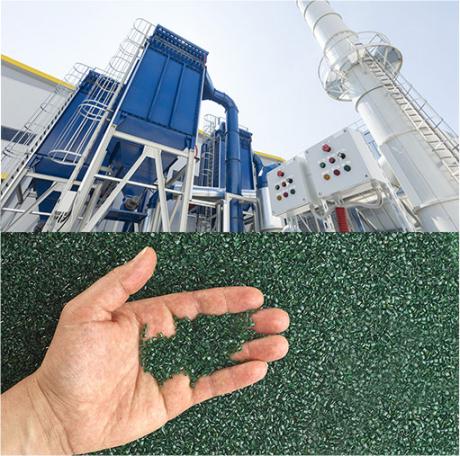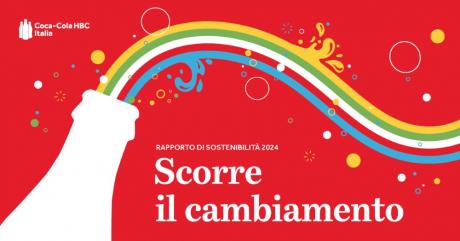A study by DS Smith, a well-known British manufacturer of sustainable packaging, reveals that every year more than 64 million m3 of air are delivered to Italian homes as part of oversize packaging, a volume equal to more than 25,000 Olympic-size swimming pools.
Using too large packaging causes nearly 3.9 million unnecessary delivery trips, resulting in the release of 66,087 tons of CO2 into the atmosphere each year. In addition, oversize packaging generates 66,087 tons of excess CO2 emissions per year, equivalent to almost 3.9 million deliveries.
The research also found that 150,798 tons of unnecessary cardboard are used, with an estimated cost of 31.5 million euros. In addition, 371.8 million m2 of adhesive tape are employed to seal boxes, an area that would cover more than twice the city of Milan, in addition to 64.1 million m3 of secondary packaging - of paper or plastic - a volume capable of filling the Colosseum about 48 times.
The environmental impact of oversize boxes also generates a knock-on effect on brand reputation. The research, conducted by OnePoll on a representative sample of the Italian population, shows that 47% of Italian consumers dealing with oversize packaging doubt the real commitment to sustainability of the brand involved, and 22% feel frustration with the retailer.
For the future, consumers expect more and more packaging made from renewable alternative sources (58%), as well as greater adaptation to irregularly shaped items (34%) and the inclusion of waterproof materials (31%).
According to DS Smith, every month 149 million parcels are delivered to Italy via online shopping. 52% of companies selling goods online admit that they use packaging that is not strictly sized to the product, but 4 in 10 focus on the recyclability (43%) and reusability (42%) of packaging, with light weight (33%) as an additional feature.
Stefano Rossi, CEO of DS Smith commented:
Consumers want less and less packaging. Raw materials are increasingly expensive and the benefits for the environment would be significant, therefore, the time has come to eliminate the air from online purchases. The waste of materials does not happen by chance, but derives from the choices made in the design phase. The role of design in protecting our planet cannot be underestimated: we must take a circular approach, planning the elimination of waste to keep materials in use for as long as possible. By partnering with the Ellen MacArthur Foundation, we at DS Smith have already trained 700 designers in the use of circular design principles, who are working on more than 2,000 ‘circular’ projects. Our hope is that circular principles will become the norm for all design, everywhere, and that e-commerce waste will quickly become a thing of the past.









